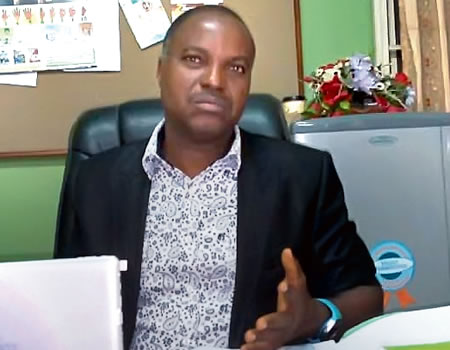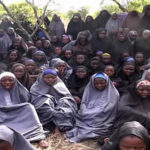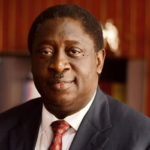Professor Julius Ademokoya dean, Faculty of Education, University of Ibadan, is the chairman, Committee of Deans of Education in Nigerian Universities (CODENU) and member, Nigeria Academy of Education. He speaks to KEHINDE ADIO on the activities of CODENU and state of teaching profession in Nigeria. Excerpts
What role is CODENU playing in the process of advancing the teaching profession in Nigeria?
CODENU’s primary objective is to ensure that all Faculties of Education in Nigerian Universities produce sets of 21st century teachers who can impact knowledge efficiently. One of the major problems being faced by the bodies of teachers’ education in the country is that candidates with low grades often seek admission to study education in universities, or those who could not meet up the cut-off point in their choice courses and then sought alternative admission at the Faculty of Education in which they did not have much interest.
However, CODENU is putting an end to that. Faculties of Education are no longer dumping grounds. If a candidate does not have a kin interest in education, especially in the teaching profession, then he or she has no business coming into the Faculty of Education.
Today, for anyone to be admitted in the faculty of education, the person must have interest in teaching profession. We are raising the admission standard for the faculty of education in Nigeria and only candidates who genuinely apply to study education will be given priority, as long as they meet up with the cut-off mark of the chosen university. CODENU is raising admission standards for the faculty of education in Nigeria.
Moreover, CODENU is incubating a skilled and development-based teaching profession education policy to produce 21st century teachers for the country. In this regard, the committee is proposing a central, national, and higher teachers’ professional training institute, where graduates from all faculties of education in the country would attend for a year to perfect their teaching skills. It is going to be like a law school that every graduate in the education field must pass through, before proceeding to the labour market.
I give kudos to the management of Teacher Registration Council of Nigeria (TRCN) for its singular effort to ensure that teaching is professionalised, improved and sustained in Nigeria. CODENU is also collaborating with the council.
What is the rationale behind all these stress?
It is unfortunate that Africa seems not to know that education is the mother of development and that it should be given its due recognition. No nation can develop beyond its level of education, I mean quality education. In other word, no nation can be greater than the quality of its teachers.
I make bold to say that the problems Nigeria is facing in the area of politics, Technology, security, economy and management, are traceable to the kind of value we place on education and the teaching profession.
For instance, look at the way we mismanage gifted and talented children in the country. We seem not to understand what special education is all about; we have abused it. Education for special children is in two folds; there is a special education class for children with special need. This category involves children with one form of disability or the other. It is good to let people know that even this group of children has a lot to offer their fatherland if they are subjected to a special training by specialised teachers. The other class belongs to the gifted and talented children. These children are found in different fields; science, technology arts and what have you. There are supposed to be special schools for them, where they can be groomed and trained according to their God-given talents.
We used to have such schools in the olden days like, Suleja Academy where such children, drawn from different states in the country attend to be groomed for the nation. Today, we have all manner of children in that school, the purpose has been forfeited. Nigeria is neglecting the relevance of special education, it is very sad.
Another problem in education is underfunding, and those in the profession are poorly recognised and remunerated. Nigeria must strive to give teaching at all level its due high premium and make it more lucrative through incentive. Our dream for the country in terms of advancement in the area of sustainable development goals and Education For All programme may remain elusive except the teaching profession is fully recognised and placed appropriately in the economy.
What can you say about your faculty in terms of advancement and its contributions to educational development in the country?
The Faculty of Education, University of Ibadan, is a pioneer faculty of education in the country, through which other faculties of other universities in the country emerged. The faculty is endowed with scholars, who are spread across all the departments in the same faculty as lecturers. Not less than 54 of its academic staff are professors. The faculty started over 60 years ago, today, it has produced many graduates at the doctorate level. Indeed, the faculty is expanding, adding new courses to meet the societal needs.
For instance, we now have Business Education, Science and Technology Education. We are also thinking of establishing Agricultural Education and many more. This is because education covers every sector in the economy.






